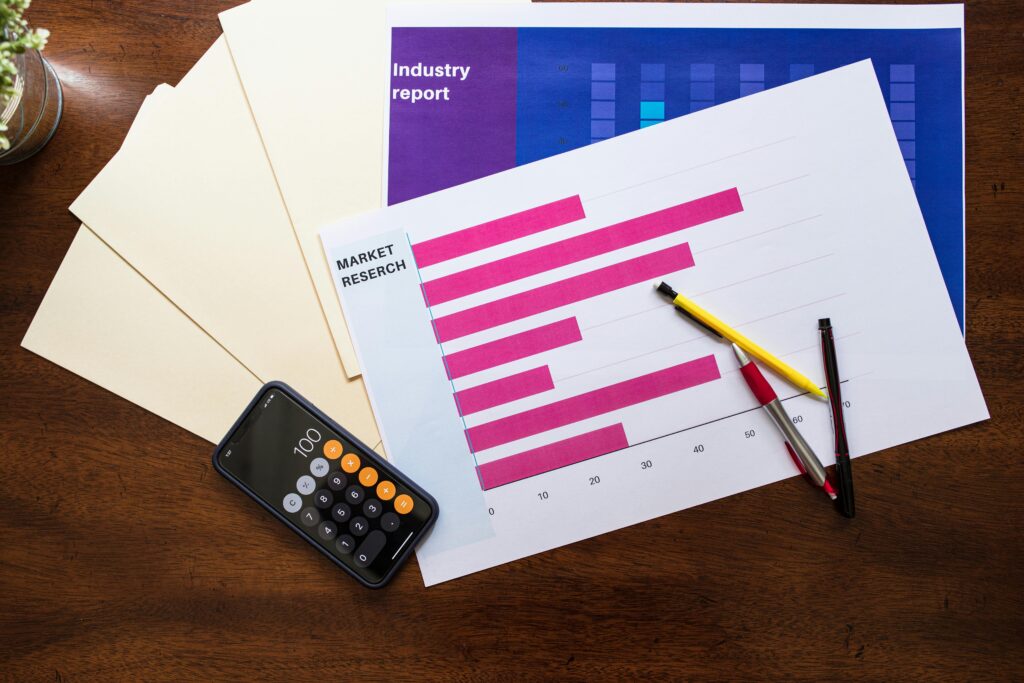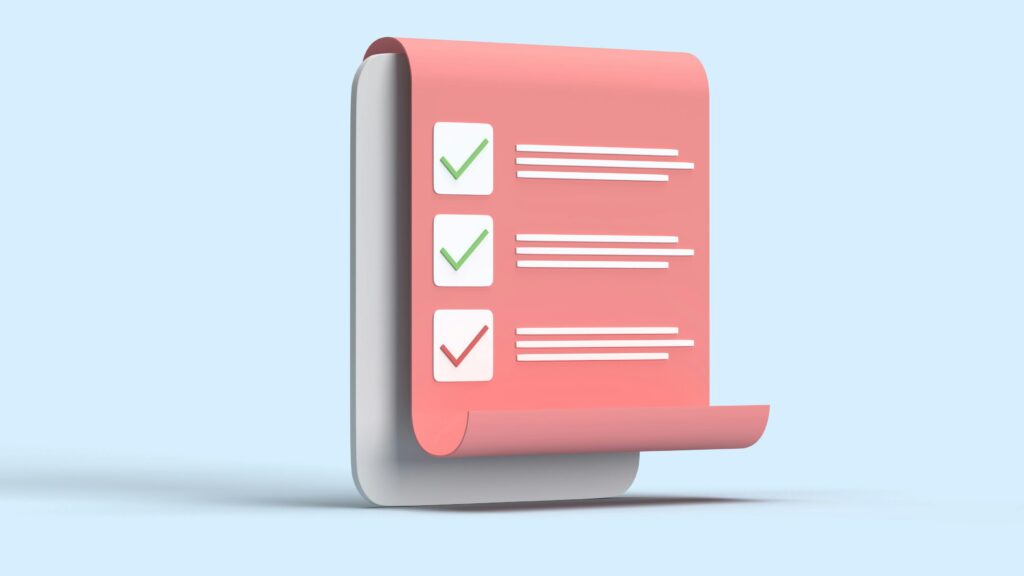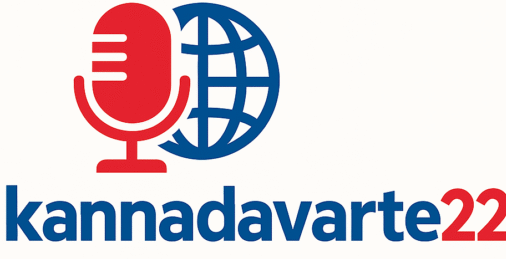In today’s fast-paced world, our phones and laptops are our lifelines — but they’re also often cluttered with useless files, endless notifications, and distracting apps. This digital mess slows us down, reduces productivity, and even increases stress levels. That’s why Digital Cleanup Day has become more important than ever.
According to a 2024 Statista report, the average smartphone user stores over 2,000 photos and 60+ unused apps, while laptops hold gigabytes of forgotten files. The result? Sluggish devices, wasted storage, and constant distraction.
Digital Cleanup Day is all about taking time to declutter your digital life and turn your devices into high-performance productivity machines.

Why Digital Cleanup Matters
Clutter in the physical world can cause stress, and digital clutter is no different. Research from The American Psychological Association shows that too much digital information leads to “cognitive overload”, reducing efficiency by up to 40%.
Key reasons to declutter your devices:
- Faster performance – Deleting unused apps and files frees up RAM and storage.
- Better focus – Removing distractions improves concentration.
- More storage space – Makes room for important work files and apps.
- Improved security – Deleting outdated apps reduces hacking risks.
Step-by-Step Guide to Digital Cleanup Day
1. Audit Your Apps
Open your phone and laptop and list all apps. Ask yourself:
- Do I use this app at least once a month?
- Does it serve my productivity or distract me?
Fact: A McKinsey & Company study found that the average worker spends 28% of work time managing emails and apps, much of which is unnecessary.
Action Tip:
- Keep only the apps you use regularly.
- Uninstall or disable unused ones.
2. Clean Your Files and Folders
Over time, downloads, duplicate images, and random documents pile up.
Action Tip:
- Sort files by date and delete old or irrelevant ones.
- Move important files to cloud storage like Google Drive or Dropbox.
Pro Tip: Use software like CCleaner or CleanMyMac to automate the cleanup.

Also Read : Task Batching Method – How Grouping Similar Work Saves Time and Reduces Stress
3. Organize Your Digital Workspace
A messy desktop or phone home screen can be overwhelming.
Action Tip:
- Group similar apps into folders (e.g., “Work,” “Finance,” “Learning”).
- Keep only essential shortcuts on your desktop/home screen.
Fact: A University of California study revealed that reducing on-screen clutter can improve task focus by up to 15%.
4. Tame Your Notifications
Notifications are one of the biggest productivity killers.
Action Tip:
- Turn off non-essential alerts.
- Schedule “Do Not Disturb” hours during deep work sessions.
Fact: A Harvard Business Review article found that it takes an average of 23 minutes to refocus after a single notification interruption.
5. Backup and Secure Your Data
Deleting unnecessary data is important, but protecting what remains is critical.
Action Tip:
- Backup essential files to the cloud or an external hard drive.
- Enable two-factor authentication for accounts.
Fact: Cybercrime damages are expected to reach $10.5 trillion annually by 2025 (Cybersecurity Ventures).
6. Declutter Your Email
An overflowing inbox can drain mental energy.
Action Tip:
- Unsubscribe from newsletters you never read.
- Use labels or folders to organize incoming mail.
Fact: The average office worker receives 121 emails per day (Radicati Group). Managing them smartly can save hours weekly.

Also Read : Work-Life Blur in Remote Work: The Hidden Cost of an Always-On Culture
Turning Your Devices into a Productivity Machine
Once your digital clutter is gone, here’s how to optimize for peak performance:
Install Productivity Apps:
- Trello for task management
- Notion for notes & projects
- Forest for focus sessions
Automate Repetitive Tasks:
- Use IFTTT or Zapier to automate workflows.
Use Minimalist Wallpapers:
- A clean, distraction-free background improves focus.
Schedule Regular Mini-Cleanups:
- 10 minutes every Friday to keep your devices fresh.
The Bigger Picture – Environmental Impact
Digital cleanup isn’t just good for productivity — it’s also eco-friendly.
Fact: According to The Shift Project, storing unnecessary files in the cloud contributes to CO₂ emissions because data centers consume massive amounts of energy.
By deleting unwanted files and emails, you reduce your digital carbon footprint.
Conclusion
Digital Cleanup Day is not just a yearly event — it’s a mindset. By removing the clutter, organizing your workspace, and optimizing your devices, you transform them into true productivity machines.
Remember: Clarity in your digital space leads to clarity in your mind.

